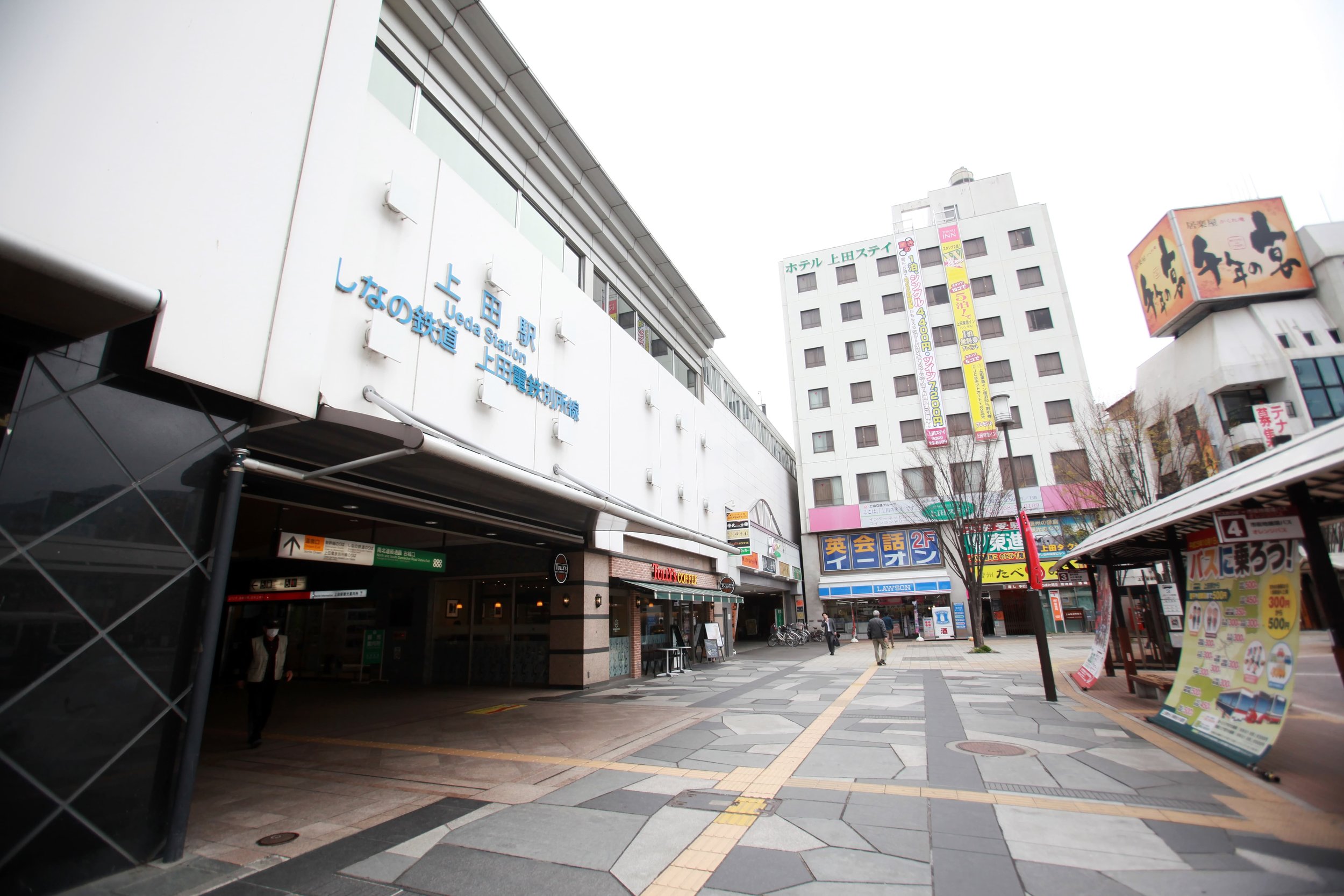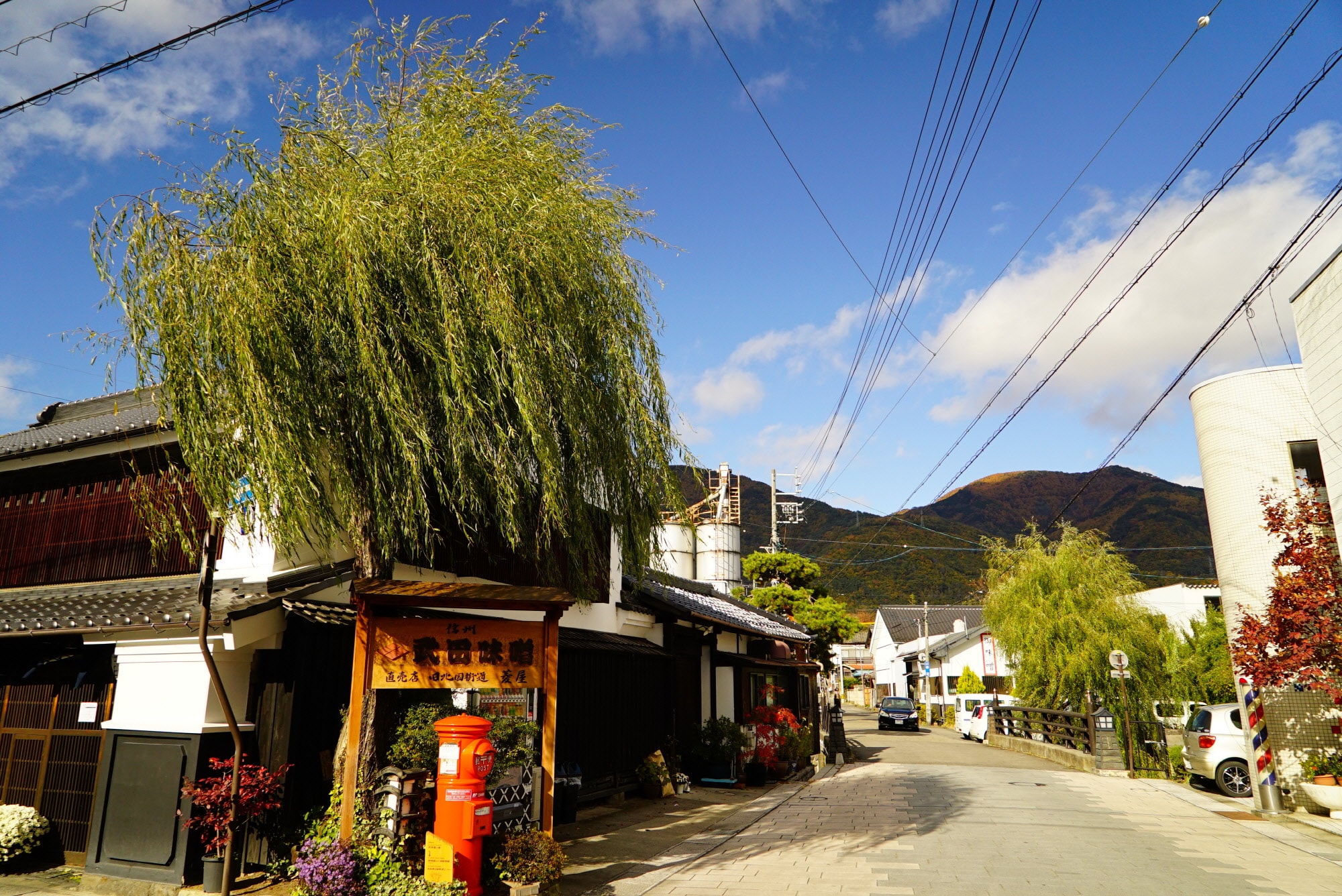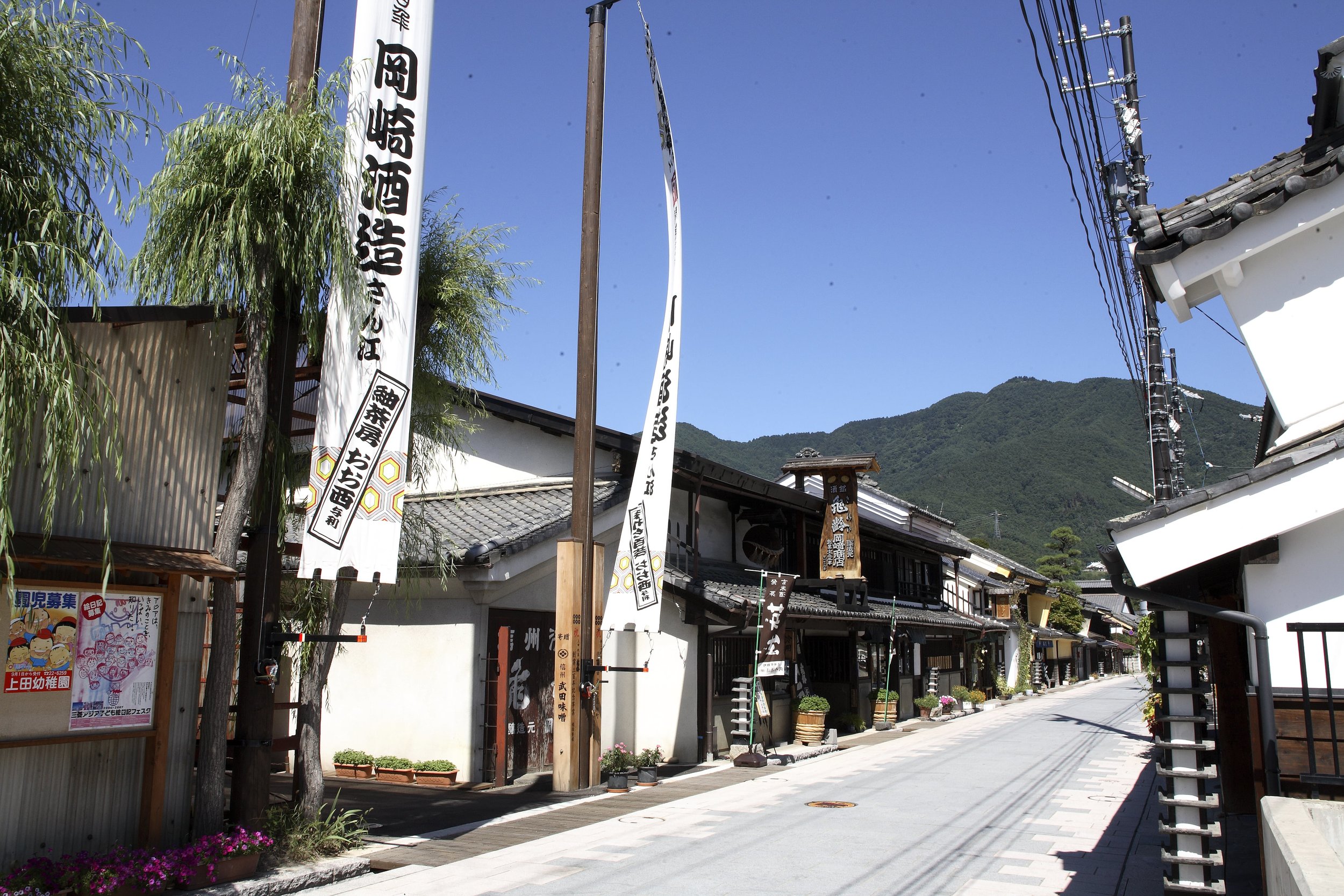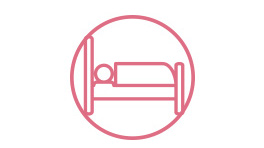Distinctive Features
Learn overall Japanese (all 4 skills reading, writing, listening and speaking).
-> More
20 lessons of Japanese per week, Monday to Friday (4 hours a day with breaks).
Optional electives after you reach intermediate level, helping to get into university, vocational college or finding a job in Japan.
Has Japanese students in the same building.
Get more chances to interact with native speakers, to double the effectiveness of attending language school.
Accommodation facilities
-> More
Dormitory facilities (choose single, double or triple rooms).
Homestay is also an option, offered by the school at 5,300 JPY/night (2 meals included).
Private accommodation can also be organised; inquire for further details.
-> Features
Free Wi-fi, student lounge, computer stations, English-speaking staff available and part-time job finding support.
All classes are conducted in Japanese. This 'direct' teaching method allows you to start thinking in Japanese, meaning you will learn at a much faster pace.
-> Scholarships available
For those on a student visa with excellent grades and attendance, who are studying for over one year. (Maximum study duration is 2 years on a student visa. You most likely need a student visa if you would like to study for over 3 months. Contact us and we will walk you through the process).
Recommendations/Tips
This school accepts complete beginners!
(For student visas, a higher level may be required. Please inquire for individual advice).
It is recommended to learn the basics before arriving, of course :) Free resources can be provided if asked.
The school can introduce you part-time jobs if you are allowed to work (inquire for details). Even if you don’t know any Japanese yet.
Optional Classes
-School festivals and fairs throughout the year.
Career Guidance: One-on-one interview practice & career counselling service is provided.
Here are some optional elective classes:
Available after you reach intermediate level. There is no extra cost.
-> University Preparatory Class
In the beginner’s level, students will learn the basic Japanese including reading, writing, speaking and listening in a well-balanced manner.
In intermediate and advanced levels, students will take Core Classes for 16 hours and elective classes for EJU (Examination for Japanese Universities) or JLPT (Japanese Language Proficiency Test) for 4 hours per week.
Students will have field works, speech practices and research presentations based on their Japanese level.
In EJU elective classes, students will study reading comprehension, listening and reading comprehension and essay preparations. Students will learn from past exams and how to find the answers and score high in the EJU.
-> Job-Finding Class
Full-time job finding class longer available in Nagano.
You can still work part-time on a student visa, with persmission.
There is also the Specified Skilled Workers' Employment Support Program.
For the full-time job finding class, please see the Kyoto campus.
If your main aim is to find full-time work, please see the Harajuku campus.
-> JLPT N2 or N1 Class
What is the JLPT?
It stands for the Japanese Language Proficiency Test, and is used to assess your Japanese level. The levels go from N5, basic Japanese; to N1, advanced Japanese.
To work full-time in Japan, it is recommended to have at least N2 level of the JLPT. The JLPT is a useful benchmark to have as a clear goal for improving your language ability.
Contents: Core classes of reading, writing, speaking & listening.
The aim is to pass the N1, N2 level of the Japanese Language Proficiency Test given in July and December.
As preparation, during the 3 months of the April and August term, past questions and mock tests are given.
By continuously doing past questions, the students will get used to the question format and be able to overcome their weakness.
During the 3 months of the July and January term, the student will gain the necessary basic knowledge by strengthening their vocabulary, their listening comprehension and their reading comprehension skills.
The students will not only be able to prepare for the test but will also gain a much broader knowledge of the language.
Also available: Specified Skilled Workers‘ Employment Support Program
Levels:
You will be placed in the appropriate level, after a placement test on the first day of language school in Japan.
Complete beginners are also accepted.
In just 10 weeks (3 months), from complete begiiner level, you will reach JLPT N5 (Japanese language proficiency test beginner) level.
In just 1.5 years (18 months), you can reach JLPT N2 level, enough to get into university, vocational college or full-time employment using Japanese!
Click to expand
JLPT = Japanese Language Proficiency Test. Most internationally recognised test for Japanese learners and employers.





-> Class Times
Class time will depend on the Japanese level, so students will not be able to choose between morning and afternoon classes.
Morning classes 8:50~12:00
OR
Afternoon classes 13:00~16:10
(Lesson length 90mins×2 Lessons)
Fees
From enrolment period April 1st 2025~ March 31st 2026:
| 2 weeks | 3 months | 6 months | 1 year | |
| Selection + Entrance | 20,000 JPY | 20,000 JPY | 110,000 JPY | 110,000 JPY |
| Tuition | 31,000 JPY | 155,000 JPY | 310,000 JPY | 620,000 JPY |
| Materials Fee (Per term) | 11,000 JPY | 11,000 JPY | 22,000 JPY | 44,000 JPY |
| Facility & Management Fees | 3,000 JPY | 15,000 JPY | 30,000 JPY | 60,000 JPY |
| Total | 65,000JPY | 201,000 JPY | 472,000JPY | 834,000JPY |
From enrolment period April 1st 2026 - March 31st 2027:
| 2 weeks | 3 months | 6 months | 1 year | |
| Selection + Entrance | 20,000 JPY | 20,000 JPY | 110,000 JPY | 110,000 JPY |
| Tuition | 43,400 JPY | 155,000 JPY | 310,000 JPY | 620,000 JPY |
| Materials Fee (Per term) | 11,000 JPY | 11,000 JPY | 22,000 JPY | 44,000 JPY |
| Facility & Management Fees | 3,000 JPY | 15,000 JPY | 30,000 JPY | 60,000 JPY |
| Total | 77,400JPY | 201,000 JPY | 472,000JPY | 834,000JPY |
From enrolment period April 1st 2027 - March 31st 2028:
| 2 weeks | 3 months | 6 months | 1 year | |
| Selection + Entrance | 30,000 JPY | 30,000 JPY | 140,000 JPY | 140,000 JPY |
| Tuition | 44,800 JPY | 160,000 JPY | 320,000 JPY | 640,000 JPY |
| Materials Fee (Per term) | 13,750 JPY | 13,750 JPY | 27,500 JPY | 55,000 JPY |
| Facility & Management Fees | 3,500 JPY | 17,500 JPY | 35,000 JPY | 70,000 JPY |
| Total | 92,050 JPY | 221,250 JPY | 522,500JPY | 905,000JPY |
FAQs
Are flights included?
Flights are not included, as courses are flexible and students prefer to make their own travel arrangements. Assistance can be provided if required.
What about accommodation?
You can choose to add this or not. The schools provide accommodation for you, such as in a host family’s home, share house, school dormitory or private apartment. We can also help with looking for other accommodation.
Accommodation will be decided after applying to the school.
Application process:
Choose course -> Apply -> Choose accommodation -> Receive confirmation and pay school -> Prepare for Japan!
Words from the Principal & past students:
Mr Takatoshi Asano, Principal
“All the faculty members will cherish and support each student until graduation.”
Mr. Aguilar Perez Victor (from Spain)
“The teachers are very nice and they will help you for the beginning. If you do not like big cities, this is the perfect school. And it is very easy to meet Japanese people because there are Japanese students studying vocational programs on the same campus.”
Ms. Mimi (from China)
“I can make many friends from all over the world. There are many interesting events and teachers have great teaching skills. School also supports us to enter higher education in Japan. I recommend this school very much!”








